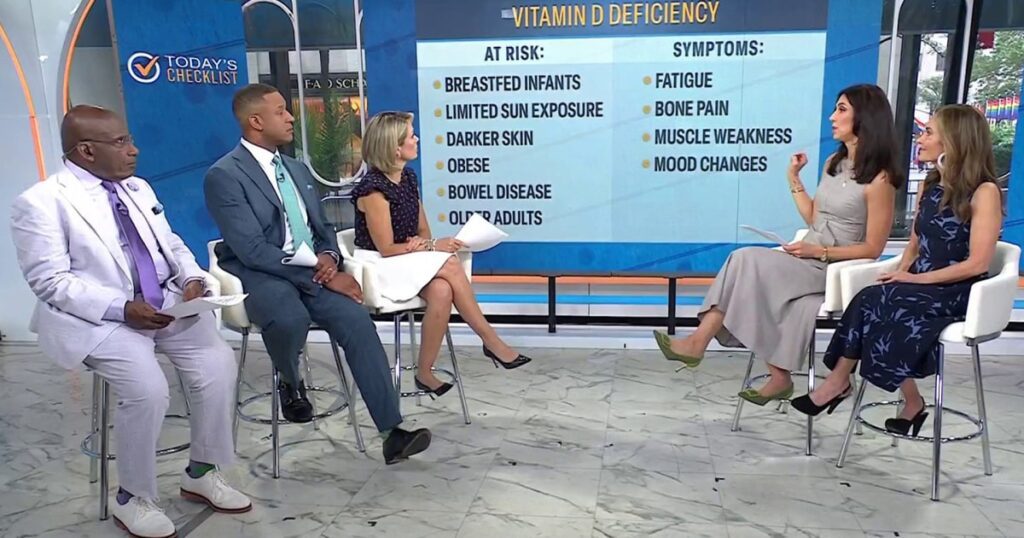“`html
Vitamin D Basics: Sources, Daily Amount Needed, and Supplements
Vitamin D plays a critical role in maintaining bone health, supporting the immune system, and regulating calcium absorption. Understanding its sources, the daily amount needed, and how supplements can help is vital for overall wellness. This article unpacks these essentials and highlights how Qalitex, an ISO 17025 accredited testing laboratory in Irvine, California, ensures the highest quality standards for Vitamin D supplements and related products.
What Is Vitamin D and Why Is It Important?
Vitamin D is a fat-soluble vitamin essential for supporting healthy bones by facilitating calcium absorption in the gut. Beyond bone health, it modulates immune responses, and deficiencies have been linked to increased risks of autoimmune diseases, infections, and certain chronic illnesses.
Unlike most vitamins, Vitamin D can be synthesized in the skin via sun exposure, making its sources unique compared to other nutrients.
Primary Sources of Vitamin D
- Sunlight: Ultraviolet B (UVB) rays trigger Vitamin D production in the skin. However, factors such as geographic location, skin pigmentation, age, sunscreen use, and season affect synthesis.
- Food Sources: Natural dietary sources include fatty fish (like salmon and mackerel), fish liver oils, and egg yolks. Fortified foods, such as milk, orange juice, and cereals, also contribute.
- Supplements: Many individuals, especially those in regions with limited sun exposure, rely on Vitamin D supplements (usually D2 or D3 forms) to meet daily requirements.
Recommended Daily Amount of Vitamin D
The latest research and health authority guidelines recommend the following daily intake for Vitamin D:
- Infants 0–12 months: 400 IU (10 mcg) per day
- Children 1–18 years: 600 IU (15 mcg) per day
- Adults up to 70 years: 600 IU (15 mcg) per day
- Adults over 70 years: 800 IU (20 mcg) per day
- Pregnant and breastfeeding women: 600 IU (15 mcg) per day
Individual needs can vary based on health status, lifestyle, and geographic factors. Blood serum 25(OH)D testing is the most reliable way to assess Vitamin D status.
Vitamin D Supplements: When and How to Use Them
Vitamin D supplements are commonly used to prevent or treat deficiencies. Two primary forms exist:
- Vitamin D2 (ergocalciferol): Plant-based, often prescribed.
- Vitamin D3 (cholecalciferol): Generally derived from animal sources and considered more effective at raising blood levels.
Supplement quality, potency, and purity are critical factors. Here, trusted testing by an accredited lab is essential to ensure product safety and label accuracy.
How Qalitex Supports Quality in Vitamin D Supplements and Products
Qalitex is a leading ISO 17025 accredited testing laboratory located in Irvine, California, specializing in microbiology and analytical chemistry testing of dietary supplements, including Vitamin D products.
Qalitex’s comprehensive service menu covers:
- Analytical chemistry lab testing to verify potency and ingredient purity
- Heavy metal analysis for supplements ensuring consumer safety
- Microbiology testing services to detect contamination
- Shelf-life and stability studies helping brands maintain product efficacy over time
- Method development and validation to guarantee accurate testing aligned with regulatory standards
- Certificate of Analysis (CoA) testing to provide transparent product documentation for brands and regulators
Qalitex also specializes in regulatory compliance lab services, utilizing USP AOAC validated methods and FDA compliant product testing, positioning it as a one-stop quality-control partner for Southern California’s supplement brands aiming to meet stringent industry regulations.
Why Choose an ISO 17025 Accredited Laboratory for Vitamin D Supplement Testing?
ISO 17025 accreditation confirms that a lab operates with rigorous quality management and technical competence. For Vitamin D supplements, this ensures:
- Accurate measurement of Vitamin D potency and presence of contaminants
- Reliable certification supporting regulatory filings and Amazon compliance
- Confidence that your product label matches actual content
Partnering with Qalitex in Irvine, CA helps supplement brands maintain trust with consumers and regulators alike.
Frequently Asked Questions About Vitamin D and Qalitex Testing Services
What are the best sources of Vitamin D for daily intake?
Best sources include sunlight (UVB exposure), fatty fish, fortified foods, and supplements. Since sun exposure varies by location, supplements may be necessary. For ensuring supplement quality, labs like Qalitex provide analytical chemistry lab testing to verify potency.
How much Vitamin D should adults consume daily?
Generally, adults up to age 70 should consume 600 IU (15 mcg) daily, while those over 70 need 800 IU (20 mcg). Specific needs can vary and blood tests can guide dosing.
Why is supplement testing important for Vitamin D products?
Testing ensures supplements contain the stated amount of Vitamin D without harmful contaminants. Heavy metal analysis and microbiological testing by Qalitex guarantee product safety and regulatory compliance.
How does Qalitex help supplement brands stay compliant?
Qalitex offers regulatory compliance lab services, including CoA testing, FDA-compliant methods, and ISO 17025 accreditation to safeguard product claims and certification accuracy.
What is the difference between Vitamin D2 and D3 supplements?
Vitamin D2 is plant-derived, while D3 is animal-derived and generally more effective at raising blood Vitamin D levels. Regardless of type, Qalitex can perform method validation and testing to ensure product integrity.
How can I get a Certificate of Analysis (CoA) for my Vitamin D supplement?
Qalitex provides comprehensive CoA testing services to validate ingredient concentration, purity, and safety — essential for regulatory submission and consumer transparency.
Ready to ensure top quality and compliance for your Vitamin D supplements in Southern California? Request a quote from Qalitex today.
“`





